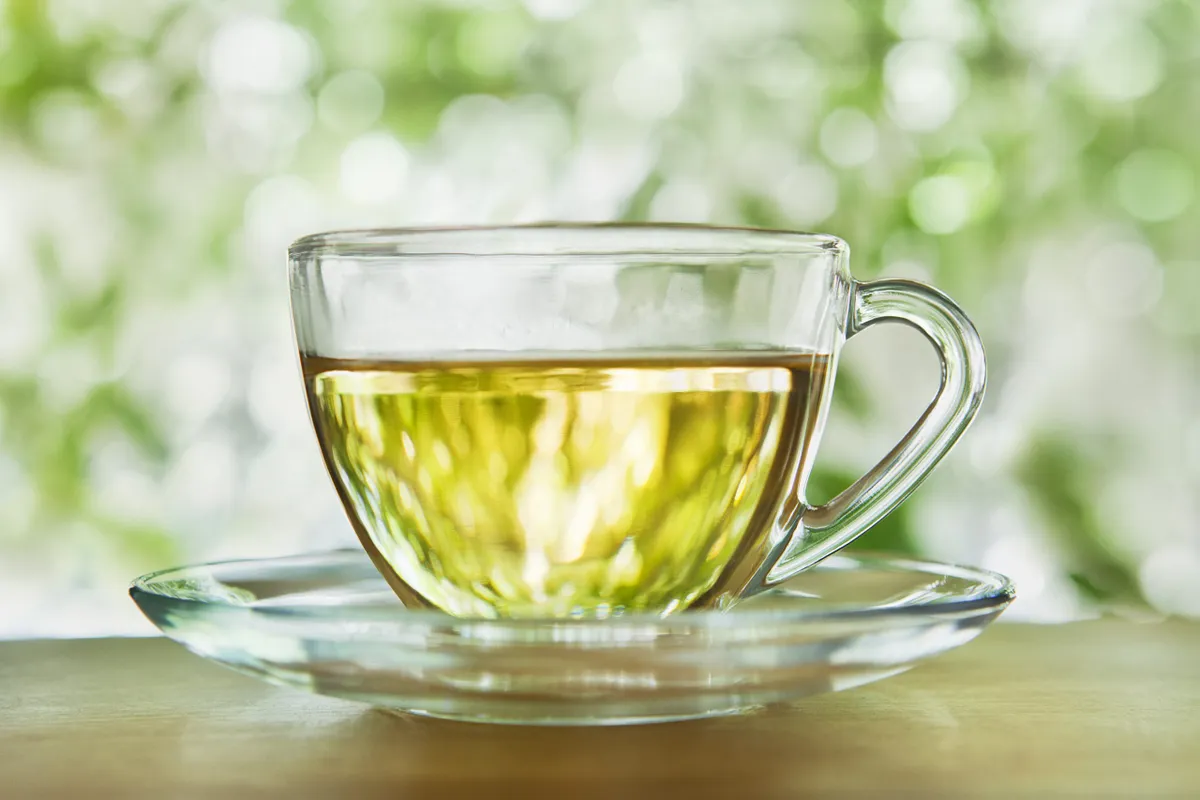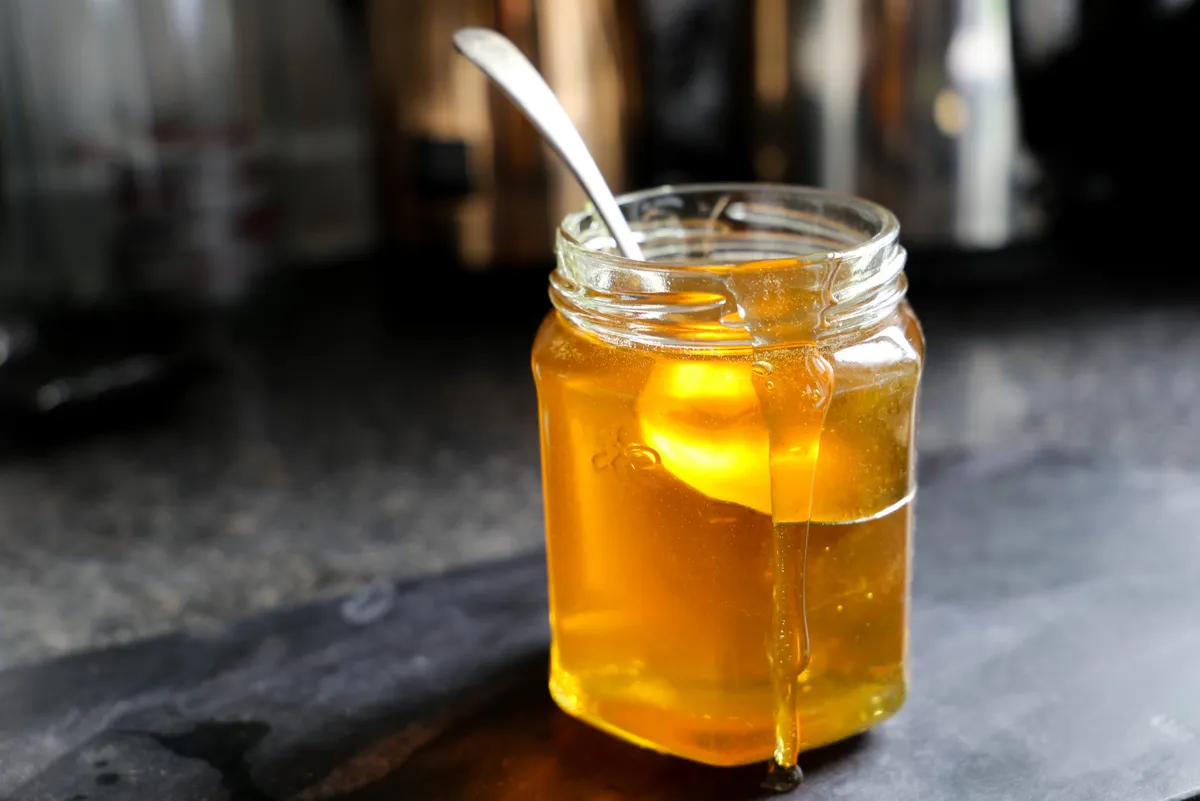Hay fever, also known as allergic rhinitis, affects millions of people during pollen season, which typically runs from late March to September in the UK.
It occurs when the immune system reacts to airborne allergens such as pollen, causing symptoms such as sneezing, itchy eyes and congestion.
When is hay fever season in the UK?
There are three different pollen seasons in the UK – tree, grass and weed pollen, which, weather-depending, start to affect sufferers from late March until the end of September.
Tree pollen season tends to be from March to May, followed by grass pollen in May to July and then the weed pollen season continues from May/June to September.
Most people tend to be allergic to one type of pollen more than others, although some unlucky sufferers can be affected by each season.
Which trees in the UK cause pollen allergies?
The tree pollen from hazel, birch and alder are common tree species known to cause allergies.
- British seasonal wildflowers guide: how to identify, when to see and where to find them
- British tree guide: how to identify and where to find
- How to identify spring blossom
How to reduce the impact of hay fever
Create a barrier
Rubbing a little bit of Vaseline on the inside of your lower nostril and onto your eyelashes can help prevent pollen getting into your system.
Wear shades
Wearing wraparound sunglasses will create a physical barrier between your itchy eyes and pollen and protect your eyes from the sun's UVA rays on bright days.
Avoid being outdoors when the pollen count is high
Pollen tends to be at its highest during the early morning and evenings, although on warm days it can be at a high level all day. Check the forecast and if possible it is best to avoid being outdoors in these hours.
Try camomile tea
Camomile tea may help reduce hay fever symptoms - it's an antioxidant, antihistamine and an anti inflammatory. Drink a cup daily and use as a compress by submerging the tea bag in water for three minutes, squeezing out excess water, refrigerating till cold and applying to inflamed eyes for five minutes.

Take an antihistamine
Antihistamines are medications that are often used to relieve symptoms of allergies, such as hay fever. They are best taken before the hay fever starts and can be bought from all pharmacies. Speak to your GP or visit the NHS website for advice before taking.
Shower or wash at the end of the day
Take a shower at the end of your day to wash off any pollen that may have travelled with you. It’ll ensure you get an easier night sleep as they won't be transferred to your bed.
Is local honey a cure for hay fever?
Some hay fever sufferers claim honey may help desensitise you to the more irritating kind of pollen, however scientific studies suggest that honey has no benefit to hay fever.

Main image: woman with hay fever/Getty
